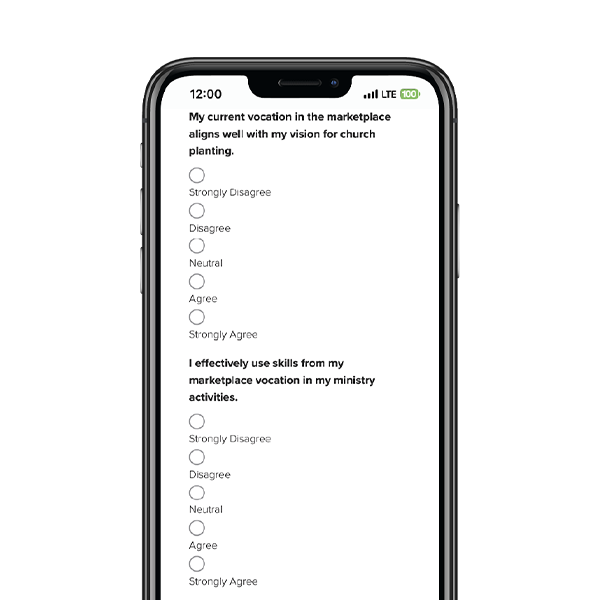Christians tend to fall into one of three groups when it comes to doubt and questioning God. People move from group to group over time. Some people have a foot in two groups at once, but in any church you will find all three, and each of them needs a certain kind of care.
Group 1: Never Had a Question
“God says it, I believe it, that settles it” is the motto of this bunch. At first glance they appear to be people of unassailable faith, certain of their beliefs, ready for anything. But dig a bit deeper. Ask them why they believe what they believe. You’ll often find that the appearance of faith is more like a well-designed movie set – upon closer examination it is a pretty façade with nothing to support it. They’ve never explored the promises or character of God.
Their faith has never been tested. When life hits them with a storm their faith is at risk of crumbling.
Group 2: Never Stops Questioning
“Yeah, but” is the common refrain you hear from this group. Yeah, I know God is good, but . . . Yeah, I know God is in control, but . . . Yeah I know, God is infinite, but . . . They demand proof and evidence of claims about God and the experiential sort is not good enough. Some are assailed by existential doubts while others are skeptical more in the vein of the scientific method. Many times these folks appear to have the strongest intellects; they intimidate because they have the follow-up question to every answer. No answer is good enough, and because of that it is hard to know what state their faith is actually in.
Group 3: Has Questions, But Can’t Ask
They grew up in church and heard, ether explicitly or implicitly, that questioning God was sinful. Questions indicate doubt and doubt is bad. Their questions come from a place of yearning and longing to know more, to find assurance, to see clearly. But they aren’t sure who they can ask or even if they can ask at all. Is it safe? Will God be mad? Will my church family accept my questions? Will I be judged?
Their faith often looks fragile but in reality is strong – even if they don’t yet know it.
How Can You Respond?
Group 1 must be faced with questions. They must be led to explore the mysteries of God and scripture and to acknowledge the hardships that don’t come with neat and tidy answers. They must realize that the Bible, while a perfect revelation of God, is not a revelation of all of God and his purposes. It gives us all we need, yes, but not every answer.
Those answers are found only in knowing God deeply enough to see His infinitely perfect character.
If this group s not led to a place of questions their faith will fall apart when tested. The answers to Group 2’s questions are found in the same place as group one, just coming to it from another direction. They too need to see God’s character above all else, His nature, His infinity. When they come to know Him they will see both that He can be fully trusted and that he cannot be fully understood. There is no proof or evidence that will fully explain something that is beyond human capacity to fathom. But God is so deeply good that the nagging doubts and skepticism can be washed away over time by being in His presence. Groups 1 and 2 needed to know God’s character more deeply. Group 3 likely already does and simply needs encouragement to connect His character to their questions. God welcomes questions. He wants His children to come to Him with fears and frustrations and “I don’t knows.” He is a perfect Father. Group 3 needs to know that any question asked of God, so long as the desire is to know Him better, is an act of deepening one’s faith. No matter what they were told growing up or have experienced in previous churches, if they look to God’s rich love for His children, His command to have childlike faith, they will see that they can ask and ask and God will give them the answers they need.
By introducing people to Jesus, to His full deity and humanity, you are showing them the depth of the riches of God’s character.
For it was God who sent us Jesus so that believers could have hope and peace and be rescued from sins. It was God who sent Jesus so that after a perfect sacrifice was made believers could have the Holy Spirit to open the eyes of blind souls, breathe life into dead hearts, stir up faith, teach curious minds, soothe aching souls, assure doubting hearts, spur us to action, and be ever-present in the lives of believers. Barnabas Piper’s latest book, Help My Unbelief: Why Doubt is Not the Enemy of Faith, invites readers to ask questions of a God who longs to make Himself known. You can read more about the book and pre-order your copy here https://www.barnabaspiper.com/the-book.
Published June 25, 2015




